Session Speakers
WFN’s Women’s Economic Mobility Hubs (WEMH) initiative, funded by the Bill and Melinda Gates Foundation, consists of five regional and four state women’s foundations and funds focused on improving economic opportunities for women in their communities. WEMH’s goal is to provide durable advancements in the economic mobility and security of women and to support leadership for the next phase of change. In addition to providing WEMH members grants to fund local efforts, WFN supports each Hub with technical assistance, capacity building strategies, visionary conversations and shared learning opportunities.
Key barriers to economic mobility for women include: unstable housing and homelessness; the gender wage gap, particularly for black and brown women; lack of education and training; insufficient mentoring and coaching; biases in hiring and a shortage of job opportunities; limited access to transportation; scarcity of affordable, quality childcare; and the lack of health care and paid leave.
Cross-sector partnerships are key to the Hubs’ strategies. While each hub’s approach reflects its unique geographic and demographic landscape, some commonalities across their multi-pronged strategies include: holistic supports that address multiple needs, including child care, healthcare, and safety needs; building the skills necessary to participate in regional economies, including career training and entrepreneurial support; policy advocacy; and culture change strategies, including research to build support for women’s economic mobility efforts.
Participating WEMH Foundations: Women’s Foundation of Colorado | Chicago Foundation for Women | Women’s Foundation of Greater Birmingham | Maine Women’s Fund | Women’s Foundation of Arkansas | Women’s Foundation of Southern Arizona | Women’s Foundation of Greater Memphis | Western New York Women’s Foundation | Iowa Women’s Foundation
Please join this virtual site visit to learn more about the Hubs’ essential work. WEMH members will share important lessons learned and best practices for advancing women’s economic security.
Stan John, Sr. Program Officer for Economic Mobility and Opportunity at the Bill & Melinda Gates Foundation, will be introducing our 9 economic mobility hubs.
Chicago Foundation for Women
The Chicago Foundation for Women started the Englewood Women’s Initiative in 2017, with a goal to increase the salary of the female head of households in that community from an average of below $10,000 per year to $40,000 per year. The Englewood Women’s Initiative provides a system of wraparound supports through a coalition of community partners that share resources and knowledge to give women support and opportunities to break cycles of poverty.
In 2020, the Chicago Foundation for Women was selected to participate in WFN’s Women’s Economic Mobility Hub Initiative. This participation has given the Foundation greater access and opportunities for partnership in the community and grown awareness of its programs. As the Englewood Women’s Initiative heads into its fifth year, the Foundation is expanding the program with new services and focusing on new career fields for women in technology that will allow women to work remotely and move towards a more sustaining wage while still being able to manage their families.
WNY Women’s Foundation
In 2010, the Pathways to Progress report revealed that there were a substantial number of single mothers living in poverty in the Western New York region. Through their research and focus groups, the Foundation discovered that if they could help to lift those women out of poverty through a community college education, it would act as an intergenerational breakage of that cycle of poverty—lifting not only the women out of poverty, but the children that depend upon them.
In partnership with the Women’s Funding Network’s Women’s Economic Mobility Hub project, the WNY Women’s Foundation is creating opportunities for these women and their families and developing a movement where these women are successful, where they believe in themselves, and where they begin to open the door to the economic mobility to their friends and their families.
Women’s Foundation of Arkansas
In 2018, the Women’s Foundation of Arkansas commissioned a report entitled The Economic Indicators of Women in Arkansas State, Region and County. One thing they weren’t looking for was business ownership, but that particular indicator jumped off the page. What they found was a high concentration of businesses owned by Black women in the Arkansas Delta, which is known to be one of the most economically depressed parts of our country.
In partnership with the Women’s Funding Network’s Women’s Economic Mobility Hub program, WFA has launched a pilot model based on the top rated items that women of color say that they are looking for in the forms of support for their businesses. Working with an achievement coach, each cohort goes through a six month program that connects them with financial, marketing, administrative, and legal experts that can help them remove barriers to their business growth and success.
Maine Women’s Fund
The Maine Women’s Fund was founded on the belief that women in the community are the primary source of knowledge for knowing what is best for their own wellbeing. One of the organization’s they collaborate closely with is Wabanaki Public Health & Wellness, a tribal organization that works across Maine to provide support and programming for tribal communities by creating space for traditional matriarchal leadership and healing, as well as specific initiatives for basic needs.
In early 2020, the Maine Women’s Fund was selected to participate in WFN’s Women’s Economic Mobility Hub project. This has allowed the Fund to extend their support to Wabanaki Public Health & Wellness by providing funding, resources, and connections that have bolstered awareness in the wider community and helped them to grow their organization and innovate new solutions for the tribal communities.
The Women’s Foundation of Colorado
Colorado currently boasts one of the nation’s most prolific economies and should be able to support economic security and prosperity for all residents, but more than 260,000 Colorado women live in poverty, and hundreds of thousands more live on the economic edge. As a community foundation, The Women’s Foundation of Colorado spent a year listening closely to Coloradans as a basis for a 2017 strategic plan dedicated to bolstering economic prosperity for women and their families. This research led WFCO to a focus on investing in pathways to economic prosperity through greater access to livable wages. This became the WAGES program.
In 2020 The Women’s Foundation of Colorado was selected to participate in WFN’s Women’s Economic Mobility Hub program. Since 2020, the Foundation has leveraged the resources from this project to combine its WAGES program with statewide research, a 50+ member policy workgroup, women’s impact investors, and 100 organizations and social enterprises, to create an ecosystem of resiliency and response to COVID-19.
Iowa Women’s Foundation
Research conducted by the Iowa Women’s Foundation revealed that seventy percent of Iowa’s female head-of-households were struggling. When further research indicated that the key barrier to economic mobility for women in Iowa was access to childcare, the Foundation created the Building Community Child Care Solutions Collaborative to help determine the best, and most doable solutions for mothers and families in communities across Iowa.
In 2020, the Iowa Women’s Foundation was selected to participate in WFN’s Women’s Economic Mobility Hub program. This participation has allowed the Iowa Women’s Foundation to expand their capacity and community engagement across the state, growing the number of participating communities from fifteen to forty, and producing a “childcare center in a box” tool that communities can use while they are working on their longer-term solutions. This partnership has also helped to raise the profile of the Iowa Women’s Foundation as an expert in child care issues within the state, leading to the Foundation’s selection to serve on the Governor’s child care task force.
Women’s Foundation for a Greater Memphis
The Memphis community of zip code 38126 is one of the more impoverished communities in the region. Eighty-seven percent of the population are African American and have families that are led by women of color. The Women’s Foundation for a Greater Memphis’ Vision 2020 plan set a goal of reducing poverty by five percent over five years within this community, by applying a multi-generational approach to wraparound supports and community engagement.
In early 2020, the Women’s Foundation for a Greater Memphis was selected to be one of nine to participants in WFN’s Women’s Economic Mobility Hub project. This has allowed the Women’s Foundation for a Greater Memphis to collect additional data on the success of the programs, and elevate their story within the community and on the national stage, attracting more partners for the work. They are currently expanding their model with their Vision 2025 plan, by adding a focus on youth development and comprehensive case management.
Women’s Foundation for the State of Arizona
Arizona has among the highest number of nonprofit organizations per capita in the entire nation and at least 500,000 mother’s and their families are living on the margins. Many of these women who are interested in going back to school to get into a career track that provides a worthy wage, are facing childcare challenges and other barriers to success. To address these challenges, the Women’s Foundation of Southern Arizona (now the Women’s Foundation for the State of Arizona) created a pilot program of holistic wraparound supports for single mothers that would help them get certifications for careers with worthy wages, and break them and their families out of the cycle of poverty.
In 2020 the Women’s Foundation of Arizona’s Pathways for Single Mother’s Program was selected to be a part of the Women’s Economic Mobility Hub project. This enabled the Foundation to offer its holistic support program to a greater number of women, and has also helped them to raise an additional $2.6 million to provide resources to program participants.
Women’s Foundation of Alabama
In 2013 the Women’s Fund of Greater Birmingham (now the Women’s Foundation of Alabama) set out on a journey to accelerate economic security for women using Aspen Institute’s Two-Generation model. Since then, the state of Alabama has set a goal of gaining 500,000 skilled workers by 2025. To help achieve this goal, the Women’s Fund is working with community partners to implement a student parent success model that helps parents complete accredited courses for in-demand jobs. This model provides wraparound supports like childcare, access to resource centers, community groups, public benefits, and transportation solutions.
In 2020, WFGB was selected to be a part of the Women’s Funding Network’s Economic Mobility Hub project. The WFN grant has helped to formalize and grow the program and provided leverage for additional funding. The Learning Cohort has also helped to improve thinking and tailoring and adapting the work and has raised the awareness of Women’s Fund with its sister organizations across the country.
©2025 Women Funded


